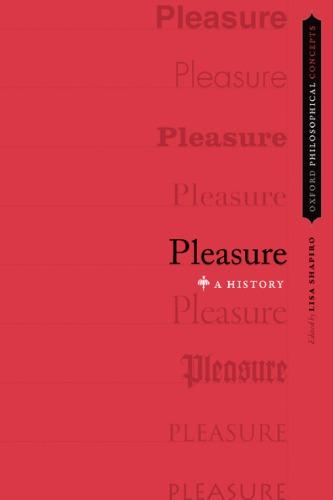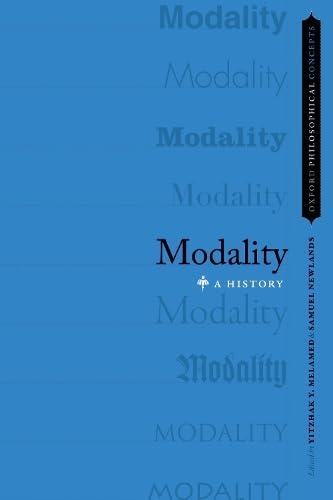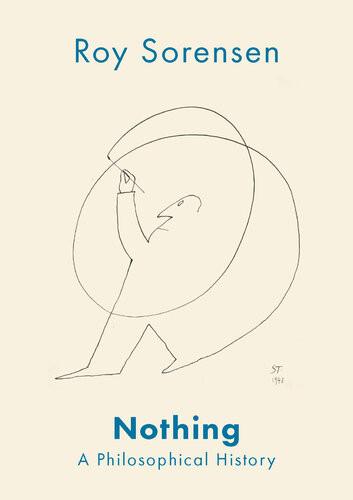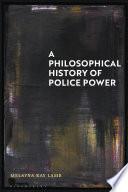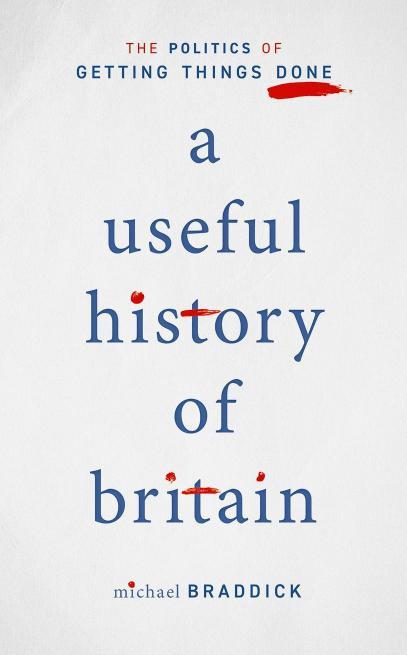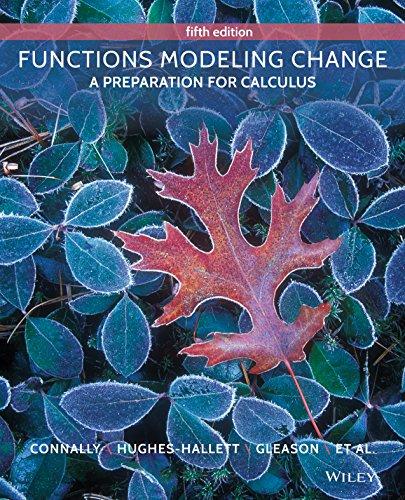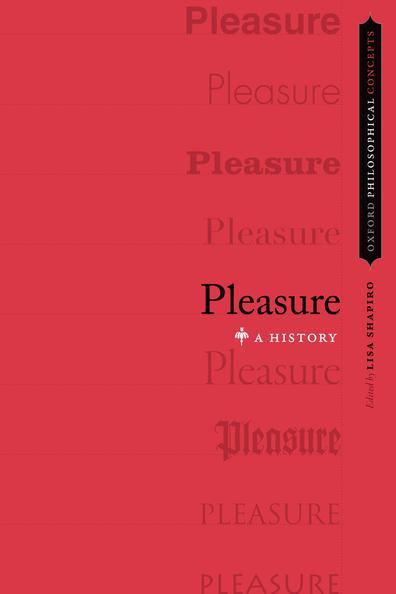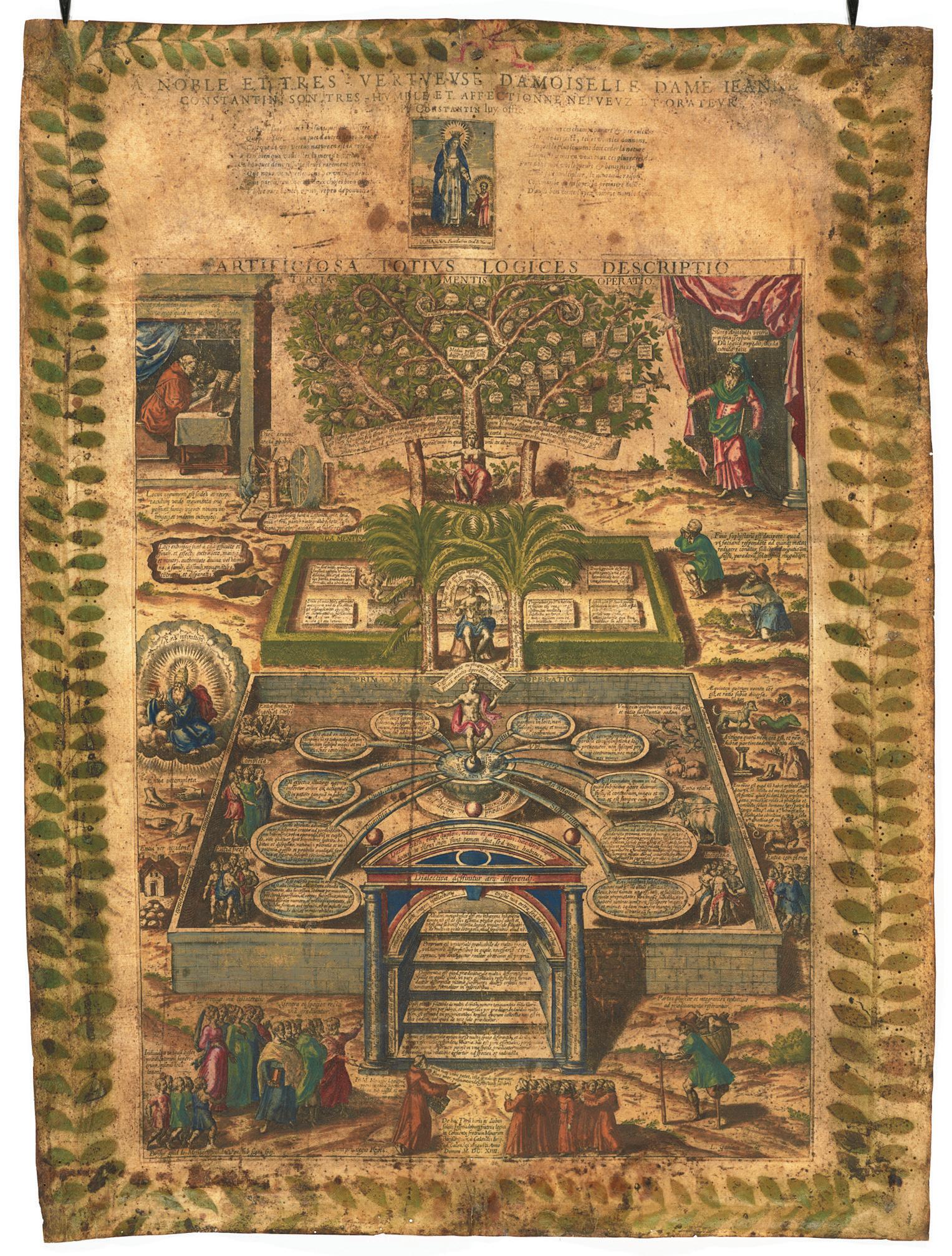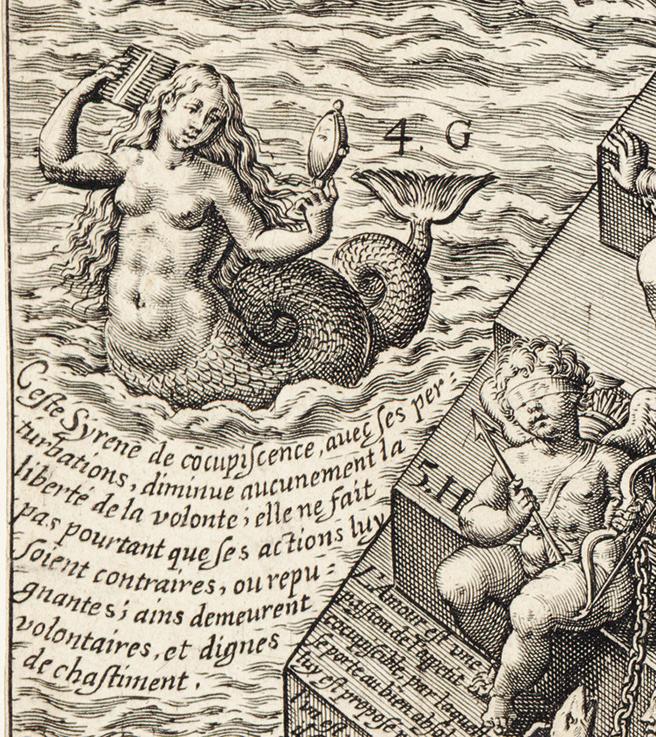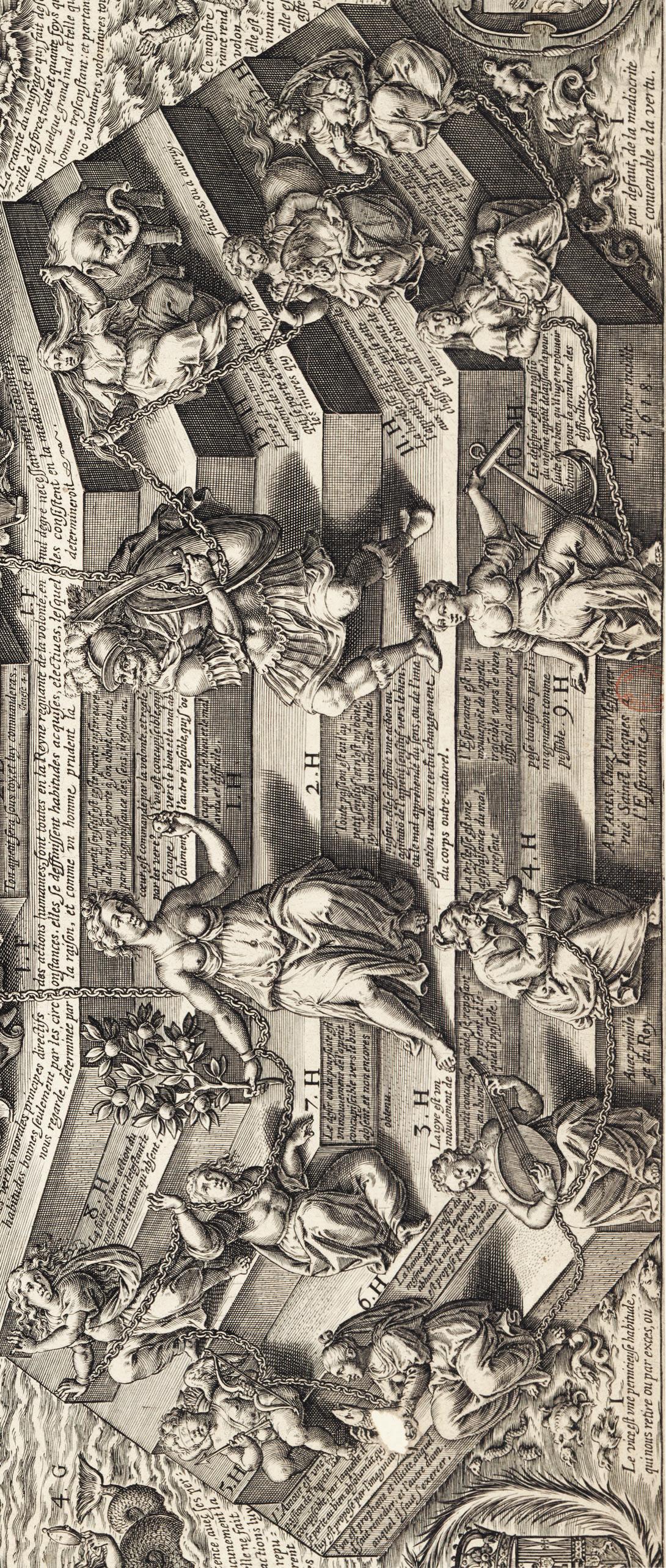https://ebookmass.com/product/pleasure-a-history-shapiro/
Instant digital products (PDF, ePub, MOBI) ready for you
Download now and discover formats that fit your needs...
Modality: A History (Oxford Philosophical Concepts) Yitzhak Y. Melamed
https://ebookmass.com/product/modality-a-history-oxford-philosophicalconcepts-yitzhak-y-melamed/
ebookmass.com
Nothing: A Philosophical History Roy Sorensen
https://ebookmass.com/product/nothing-a-philosophical-history-roysorensen/
ebookmass.com
A Philosophical History of Police Power Melayna Kay Lamb
https://ebookmass.com/product/a-philosophical-history-of-police-powermelayna-kay-lamb/
ebookmass.com
Un espía privado: Las cartas de John le Carré John Le Carré
https://ebookmass.com/product/un-espia-privado-las-cartas-de-john-lecarre-john-le-carre/
ebookmass.com
https://ebookmass.com/product/twisted-loyalties-the-camorrachronicles-book-1-cora-reilly/
ebookmass.com
Burning Matters: Life, Labor, and E-Waste Pyropolitics in Ghana
Peter C. Little
https://ebookmass.com/product/burning-matters-life-labor-and-e-wastepyropolitics-in-ghana-peter-c-little/
ebookmass.com
A Useful History of Britain: The Politics of Getting Things Done 1st Edition Michael Braddick
https://ebookmass.com/product/a-useful-history-of-britain-thepolitics-of-getting-things-done-1st-edition-michael-braddick/
ebookmass.com
Beekeeping For Dummies 5th Edition Howland Blackiston
https://ebookmass.com/product/beekeeping-for-dummies-5th-editionhowland-blackiston/
ebookmass.com
Functions
Modeling Change: A Preparation for Calculus, 5th Edition – Ebook PDF Version
https://ebookmass.com/product/functions-modeling-change-a-preparationfor-calculus-5th-edition-ebook-pdf-version/
ebookmass.com
1st Edition Jamie Gillies
https://ebookmass.com/product/political-marketing-in-the-2020-u-spresidential-election-1st-edition-jamie-gillies/
ebookmass.com
Pleasure
oxford philosophical concepts
OXFORD PHILOSOPHICAL CONCEPTS
Christia Mercer, Columbia University
Series Editor
Published in the Oxford Philosophical Concepts Series
Efficient Causation
Edited by Tad Schmaltz
Sympathy
Edited by Eric Schliesser
The Faculties
Edited by Dominik Perler
Memory
Edited by Dmitri Nikulin
Moral Motivation
Edited by Iakovos Vasiliou
Eternity
Edited by Yitzhak Y. Melamed
Self-Knowledge
Edited by Ursula Renz
Embodiment
Edited by Justin E. H. Smith
Dignity
Edited by Remy Debes
Pleasure
Edited by Lisa Shapiro
Forthcoming in the Oxford Philosophical Concepts Series
Persons
Edited by Antonia LoLordo
Evil
Edited by Andrew Chignell
Health
Edited by Peter Adamson
Space
Edited by Andrew Janiak
Teleology
Edited by Jeffrey K. McDonough
Love
Edited by Ryan Hanley
Human
Edited by Karolina Hübner
Animals
Edited by G. Fay Edwards and Peter Adamson
The World-Soul
Edited by James Wilberding
1
Oxford University Press is a department of the University of Oxford. It furthers the University’s objective of excellence in research, scholarship, and education by publishing worldwide. Oxford is a registered trade mark of Oxford University Press in the UK and certain other countries.
Published in the United States of America by Oxford University Press 198 Madison Avenue, New York, NY 10016, United States of America.
© Oxford University Press 2018
All rights reserved. No part of this publication may be reproduced, stored in a retrieval system, or transmitted, in any form or by any means, without the prior permission in writing of Oxford University Press, or as expressly permitted by law, by license, or under terms agreed with the appropriate reproduction rights organization. Inquiries concerning reproduction outside the scope of the above should be sent to the Rights Department, Oxford University Press, at the address above.
You must not circulate this work in any other form and you must impose this same condition on any acquirer.
Library of Congress Cataloging-in-Publication Data
Names: Shapiro, Lisa, editor.
Title: Pleasure : a history / edited by Lisa Shapiro.
Description: New York : Oxford University Press, 2018. | Series: Oxford handbooks | Includes bibliographical references and index. Identifiers: LCCN 2017047686 (print) | LCCN 2018008898 (ebook) | ISBN 9780190225131 (online course) | ISBN 9780190225124 (updf) | ISBN 9780190882495 (epub) | ISBN 9780190225117 (pbk. : alk. paper) | ISBN 9780190225100 (cloth : alk. paper)
Subjects: LCSH: Pleasure.
Classification: LCC B105.H36 (ebook) | LCC B105.H36 P54 2018 (print) | DDC 128/.4—dc23
LC record available at https://lccn.loc.gov/2017047686 1 3 5 7 9 8 6 4 2
Paperback printed by WebCom, Inc., Canada Hardback printed by Bridgeport National Bindery, Inc., United States of America
List of Illustrations vii
Series Editor’s Foreword ix
List of Abbreviations xi
Contributors xv
1 Introduction 1
Lisa Shapiro
2 Two Platonic Criticisms of Pleasure 15
Emily Fletcher
3 Aristotle on the Heterogeneity of Pleasure 42
Matthew Strohl
4 This So Sullied Flesh? Islamic Approaches to Human Pleasures 66
Sajjad Rizvi
Reflection: Engraving Pleasure in Philosophy Teaching Aids 94
Susanna Berger
5 Pleasure in Later Medieval Latin Philosophy: The Case of Thomas Aquinas 99
Martin Pickavé
6 Malebranche on Pleasure and Awareness in Sensory Perception 124
Lisa Shapiro
7 Pleasures, Pains, and Sensible Qualities in Berkeley’s Philosophy 146
Melissa Frankel
8 Rationally Agential Pleasure? A Kantian Proposal 167
Keren Gorodeisky
Reflection: Musical Pleasure, Difficult Music 195
Roger Mathew Grant
9 John Stuart Mill: “Pleasure” in the Laws of Psychology and the Principle of Morals 201
Dominique Kuenzle
Reflection: Pleasure Experience in Schizophrenia 232
Ann M. Kring and Amy H. Sanchez
10 A Contemporary Account of Sensory Pleasure 239
Murat Aydede
Bibliography 267
Index 287
Illustrations
Plates
1. Artificiosa totius logices descriptio (Artful Description of Logic in Its Entirety), created in 1614 by Martin Meurisse (philosophy professor), Léonard Gaultier (engraver), and Jean Messager (publisher).
2. A man flees a siren. From Typus necessitatis logicae ad alias scientias capessendas (Scheme of Logical Necessity for the Purpose of Grasping the Other Branches of Knowledge), created in 1622 by Jean Chéron (philosophy professor), Léonard Gaultier (engraver), and Jean Messager (publisher).
3. A “Siren of concupiscence” (Syrene de concupsicence), labeled “4.G.” From Tableau industrieux de toute la philosophie morale (Artful Table of Moral Philosophy in Its Entirety), created in 1618 by Meurisse, Gaultier, and Messager for students at the Grand Couvent.
4. A “monster of ignorance” (monstre d’ignorance), labeled “6.G.” From Tableau industrieux de toute la philosophie morale (Artful Table of Moral Philosophy in Its Entirety), created in 1618 by Meurisse, Gaultier, and Messager for students at the Grand Couvent.
5. Venus and Mars seated at the center of a staircase, personifying the concupiscible and irascible sensitive appetites. From Tableau industrieux de toute la philosophie morale (Artful Table of Moral Philosophy in Its Entirety), created in 1618 by Meurisse, Gaultier, and Messager for students at the Grand Couvent.
Figures
Figure 1. J. S. Bach, melody from the Fugue in C Major, in The WellTempered Clavier, book 1, mm. 1–2. 196
Figure 2. J. S. Bach, Fugue in C Major, in The Well-Tempered Clavier, book 1, mm. 1–8. 198
Figure 10.1. Diagram of the metaphysical and phenomenological structure of sensory pleasure. 260
Series Editor’s Foreword
Oxford Philosophical Concepts (OPC) offers an innovative approach to philosophy’s past and its relation to other disciplines. As a series, it is unique in exploring the transformations of central philosophical concepts from their ancient sources to their modern use.
OPC has several goals: to make it easier for historians to contextualize key concepts in the history of philosophy, to render that history accessible to a wide audience, and to enliven contemporary discussions by displaying the rich and varied sources of philosophical concepts still in use today. The means to these goals are simple enough: eminent scholars come together to rethink a central concept in philosophy’s past. The point of this rethinking is not to offer a broad overview, but to identify problems the concept was originally supposed to solve and investigate how approaches to them shifted over time, sometimes radically. Recent scholarship has made evident the benefits of reexamining the standard narratives about western philosophy. OPC’s editors look beyond the canon and explore their concepts over a wide philosophical landscape. Each volume traces a notion from its inception as a solution to specific problems through its historical transformations to its modern use, all the while acknowledging its historical context. Each OPC volume is a history of its concept in that it tells a story about changing solutions to its well-defined problem. Many editors have found it appropriate to include long-ignored writings drawn from the
Islamic and Jewish traditions and the philosophical contributions of women. Volumes also explore ideas drawn from Buddhist, Chinese, Indian, and other philosophical cultures when doing so adds an especially helpful new perspective. By combining scholarly innovation with focused and astute analysis, OPC encourages a deeper understanding of our philosophical past and present.
One of the most innovative features of OPC is its recognition that philosophy bears a rich relation to art, music, literature, religion, science, and other cultural practices. The series speaks to the need for informed interdisciplinary exchanges. Its editors assume that the most difficult and profound philosophical ideas can be made comprehensible to a large audience and that materials not strictly philosophical often bear a significant relevance to philosophy. To this end, each OPC volume includes Reflections. These are short stand-alone essays written by specialists in art, music, literature, theology, science, or cultural studies that reflect on the concept from their own disciplinary perspectives. The goal of these essays is to enliven, enrich, and exemplify the volume’s concept and reconsider the boundary between philosophical and extraphilosophical materials. OPC’s Reflections display the benefits of using philosophical concepts and distinctions in areas that are not strictly philosophical, and encourage philosophers to move beyond the borders of their discipline as presently conceived.
The volumes of OPC arrive at an auspicious moment. Many philosophers are keen to invigorate the discipline. OPC aims to provoke philosophical imaginations by uncovering the brilliant twists and unforeseen turns of philosophy’s past.
Christia Mercer
Gustave M. Berne Professor of Philosophy
Columbia University in the City of New York
Abbreviations
Aristotle
NE Nicomachean Ethics. Translations are based on Aristotle: Nicomachean Ethics, translated with commentary by T. H. Irwin (Indianapolis: Hackett, 1999), and have sometimes been modified.
Avicenna
DA Avicenna’s De Anima, Being the Psychological Part of Kitāb al-Shifāʾ. Edited by F. Rahman. London: Oxford University Press, 1959.
Thomas Aquinas
ST Summa Theologiae. In Opera omnia. Editio Leonina. Rome: Commissio Leonina, 1888–1906.
George Berkeley
All works can be found in George Berkeley, The Works of George Berkeley, Bishop of Cloyne, 9 vols., edited by A. A. Luce and T. E. Jessop (London: Thomas Nelson, 1948– 57).
ALC Alciphron. Passages are referred to by dialogue and section number.
DHP Three Dialogues between Hylas and Philonous. Passages are referred to by page number in Works, vol. 2.
NB Notebooks. Passages are referred to by section number.
PHK Principles of Human Knowledge. Passages are referred to by part and section number.
René Descartes
Citations are by volume and page in AT, followed by volume and page in CSM(K).
AT Oeuvres Complètes. 11 vols. Edited by Charles Adam and Paul Tannery. Paris: Vrin, 1996.
CSM The Philosophical Writings of Descartes. 2 vols. Edited and translated by John Cottingham, Robert Stoothof, and Dugald Murdoch. Cambridge: Cambridge University Press, 1985.
CSMK The Philosophical Writings of Descartes. Vol. 3. Edited and translated by John Cottingham, Robert Stoothof, Dugald Murdoch, and Anthony Kenny. Cambridge: Cambridge University Press, 1991.
Immanuel Kant
Citations are to the title or abbreviated title of the work, followed by the volume and page number of the Ak. Unless otherwise noted, citations from Kant’s texts are quoted from the following translations, with modifications noted in the text.
Ak Akademie Ausgabe: Kants gesammelte Schriften. Hrsg. von der Königlich Preußischen Akademie der Wissenschaften. Berlin: de Gruyter, 1902–.
CPJ Critique of the Power of Judgment. Edited and translated by Paul Guyer and translated by Eric Matthews. Cambridge: Cambridge University Press, [1790] 2000.
CP rR Critique of Practical Reason. Edited and translated by Mary Gregor. In Practical Philosophy. Cambridge: Cambridge University Press, [1788] 1996.
FI Kant’s first draft of the introduction to Critique of the Power of Judgment, found in CPJ.
LM Kant’s Lectures on Metaphysics. Edited as Metaphysik Dohna, Metaphysik Vigilantius (K3), and Metaphysik L2, in Lectures on Metaphysics. Edited and translated by Karl Ameriks and Steve Naragon. Cambridge: Cambridge University Press, [1792–93 and 1794–95] 1997.
MM The Metaphysics of Morals. Edited and translated by Mary Gregor. In Practical Philosophy. Cambridge: Cambridge University Press, [1797] 1996.
Nicolas Malebranche
Citations are to the volume and page number in OC, followed by the location in the work and the page number in the translation of that text.
DMR Dialogues on Metaphysics and Religion. Cited by dialogue and section numbers.
JS Dialogues on Metaphysics and Religion. Edited and translated by Nicholas Jolley and David Scott. Cambridge: Cambridge University Press, 1997.
LO The Search after Truth. Edited and translated by Thomas Lennon and Paul Olscamp. With Elucidations of the Search after Truth. Edited and translated by Thomas M. Lennon. Cambridge: Cambridge University Press, 1997.
OC Oeuvres Complètes de Malebranche. Edited by André Robinet. Paris: Vrin, 1958–84.
ST The Search after Truth. Cited by book and chapter or Elucidation.
John Stuart Mill
The standard edition is the thirty-three-volume Collected Works of John Stuart Mill, ed. J. M. Robson (Toronto: University of Toronto Press, 1963–1991). Specific works are cited as follows.
APHM 1/2 Mill, James. Analysis of the Phenomena of the Human Mind. Edited with notes by John Stuart Mill and Alexander Bain. 2 vols., 2nd ed. London: Longman, Green, Reader and Dyer, 1869. 1 or 2 indicates the volume number.1
SL Mill, John Stuart. System of Logic, Ratiocinative and Inductive. In Collected Works, vols. 7–8, 1843.
U Mill, John Stuart. Utilitarianism. In Collected Works, vol. 10, 203–259, 1861.
1. The first edition was published by James Mill in 1822 (Vol.1) and 1829 (Vol.2). The second edition, cited in this volume as APHM, includes extensive notes by John Stuart Mill and Alexander Bain.
Contributors
Murat Aydede is Professor of Philosophy at the University of British Columbia. He works primarily in philosophy of psychology/cognitive science and, more generally, philosophy of mind, and he has increasingly focused on perceptual and affective consciousness. His current research involves developing a theory of sensory affect that would also illuminate perceptual consciousness.
Susanna Berger is Assistant Professor of Art History at the University of Southern California. Her book, The Art of Philosophy: Visual Thinking in Europe from the Late Renaissance to the Early Enlightenment, was published by Princeton University Press in 2017. She was previously a member of the Society of Fellows at Princeton University and has held a Robert Lehman Fellowship at Villa I Tatti, the Harvard University Center for Italian Renaissance Studies, a Panofsky Fellowship at the Zentralinstitut für Kunstgeschichte in Munich, a Frances A. Yates fellowship at the Warburg Institute, and an Andrew W. Mellon fellowship at the Huntington Library.
Emily Fletcher is Assistant Professor of Philosophy at the University of Wisconsin-Madison. She works on Plato, focusing on the psychology and ethics of the late dialogues. She has published several articles about the Philebus, which contains Plato’s most comprehensive account of pleasure and its role in the good life.
Melissa Frankel is Associate Professor of Philosophy at Carleton University. She specializes in early modern philosophy and philosophy of perception.
Keren Gorodeisky is Associate Professor at Auburn University. She has published work on Kant, aesthetic pleasure, aesthetic value, aesthetic rationality, and Romanticism. She is currently completing a book on the significance of Kant’s notion of aesthetic judgment, focusing on this judgment’s logical form and sui generis type of rationality. For this book project, Gorodeisky received the Philip Quinn Fellowship at the National Humanities Center.
Roger Mathew Grant is Assistant Professor of Music at Wesleyan University. His articles have appeared in Critical Inquiry, Music Theory Spectrum, Eighteenth-Century Music, and the Journal of Music Theory. His first book, Beating Time and Measuring Music in the Early Modern Era (Oxford University Press, 2014), won the Emerging Scholar Award of the Society for Music Theory.
Ann M. Kring is Professor and Chair in the Department of Psychology at the University of California, Berkeley. She studies social-emotion-cognitive processes and how they do (and do not) go awry in psychological disorders, with a particular focus on schizophrenia.
Dominique Kuenzle is Adjunct Professor at the Institute of Philosophy, University of Zürich. His publications include a monograph on metaepistemology (Refurbishing Epistemology, 2017), an edited volume on the role of emotions in epistemology (Epistemology and Emotions, 2008), and a book-length introduction to the philosophy of John Stuart Mill (in German, 2009).
Martin Pickav é is Professor of Philosophy and Medieval Studies at the University of Toronto and Tier 2 Canada Research Chair in Medieval Philosophy. Most of his published work deals with issues in metaphysics and philosophy of mind in later medieval philosophy, but he also has research interests in ancient and early modern philosophy. He is currently writing a book on medieval theories of the emotions.
Sajjad Rizvi is Associate Professor of Islamic Intellectual History and Islamic Studies at the University of Exeter. His work focuses on Islamic intellectual history in the wider Persianate world. He is currently completing three projects: an intellectual history of philosophy in Iran and North India on the cusp of colonialism, an analysis of the noetics of Mullā Ṣadrā, and a short monograph on Mīr
Dāmād. His next major projects are mapping Islamic philosophical traditions in India, 1450–1850, and writing an intellectual history of apophasis in Islamic thought.
Amy H. Sanchez is a doctoral student in psychology at University of California, Berkeley.
Lisa Shapiro is Professor of Philosophy at Simon Fraser University. Her research has two foci: early modern accounts of the passions as illuminating of the metaphysics of the human being and accounts of mind in the period, and integrating early modern women philosophers into the narratives of philosophy.
Matthew Strohl is Associate Professor of Philosophy at the University of Montana. He specializes in ancient Greek philosophy and aesthetics.
Plate 1 Gaultier, after Meurisse, Descriptio, Houghton Library, Harvard University, *FB6.M5718614a (artwork in the public domain; photograph provided by Houghton Library)
Plate 2 Gaultier, after Chéron, Typus (detail showing man fleeing from a blindfolded siren), Princeton University Library, Broadside 120 (artwork in the public domain; photograph provided by Princeton University Library)
Plate 3 Gaultier, after Meurisse, Tableau (detail showing a “Siren of concupiscence”), Bibliothèque nationale de France, Paris, Cabinet des Estampes, Réserve QB-201 (21) (artwork in the public domain; photograph provided by Bibliothèque nationale de France)
Plate 4 Gaultier, after Meurisse, Tableau (detail showing a “monster of ignorance”), Bibliothèque nationale de France, Paris, Cabinet des Estampes, Réserve QB-201 (21) (artwork in the public domain; photograph provided by Bibliothèque nationale de France)
Plate 5 Gaultier, after Meurisse, Tableau (detail showing Venus, Mars, and the individual Sensitive Appetites), Bibliothèque nationale de France, Paris, Cabinet des Estampes, Réserve QB201 (21) (artwork in the public domain; photograph provided by Bibliothèque nationale de France)
Introduction
Lisa Shapiro
What is pleasure? In what way is pleasure philosophically interesting? Some familiar contemporary answers to these questions characterize pleasure as a paradigm example of a mere feeling that is, as such, unanalyzable. Utilitarian and emotivist ethical theories, which each take pleasure to be motivating of action, provide illustrative cases of this sort of answer. Though utilitarians admit that pleasures come in degrees, they do not consider what might distinguish different kinds of pleasures, beyond a simple distinction of higher and lower pleasures. Emotivists acknowledge that there are different kinds of pleasures, but insofar as they conceive of pleasures as feelings without content they are hard pressed to explain what distinguishes one pleasure from another. On both theories, any differences in pleasures are simply primitive, raising the question of how to understand what they share to make them all pleasures. Other familiar answers take pleasure as
antithetical to reason. A dominant stream in aesthetics takes pleasures to be unanalyzable responses to objects presented to us, mere matters of taste. The task of aesthetics, on this view, is to determine the causes of pleasurable (and unpleasant) responses to objects, as well as to articulate the standards of taste, or norms governing these experiences of pleasures. Equally, in contemporary epistemology, it has been assumed that affective states, which presumably include pleasure, are opposed to rationality insofar as they interfere with our ability to understand how things are independently of us, and so are opposed to our ability to arrive at knowledge. Thus, on received views, pleasures are taken to be principally motivating of action, themselves unanalyzable, caused, rather than responsive to reasons, and, perhaps because of that, antithetical to rationality.
This book challenges these received views. It provides a fresh perspective on our current way of thinking about pleasure by better contextualizing our contemporary views within the extended conversation that is the history of philosophy, and thereby helps us to understand the tacit assumptions that figure in these contemporary views. If the history of philosophy demonstrates anything about the concept of pleasure, it is the complexity of understanding just what pleasure is. Reminders of how preceding philosophers thought about the concept of pleasure can also bring back into view positions that have fallen out of fashion, stimulating new lines of inquiry as well as new ways of approaching standing issues.
The essays that make up this book tell a story in four acts. The first three acts mark moments in central philosophical concerns about pleasure that lead to pleasure being folded into scientific psychology. In the fourth act, we see in both contemporary psychology and philosophy recognition of the shortcomings of the current scientific accounts and a return to questions that start the story in an effort to enrich those accounts.
The first act, the chapters of the first third of the volume, demonstrates how philosophers became centrally concerned with unifying the
variety of pleasures. Plato’s dialogues contain an array of concerns about pleasure: the relation of pleasure and pain, and so to the condition of the body, the relation of pleasure to false beliefs, and so to knowledge and truth, the proper objects of pleasure, and so how pleasure ought to be experienced, and the unity of the varieties of pleasure. Of all these issues, the one that proves most compelling, to Aristotle but also to philosophers within Islamic traditions and the medieval Latin tradition, is that of how to unify the variety of experiences that are all called “pleasure.” While the other issues also figure in the discussions, and in particular the relation of pleasure to knowledge, the key concern to ensure the unity of pleasurable phenomena constrains the answers to those issues.
The second act, the chapters of the second third of the volume, focuses on the early modern period and shows how pleasure begins to be treated psychologically rather than logically. The discussions of the philosophers considered here—Malebranche, Berkeley, and Kant—shift the focus to the relation of pleasure to knowledge and truth. While these philosophers clearly acknowledge the particular feeling of pleasure, none of them reduce pleasure to mere feeling. The challenge for them is to understand the relation between pleasures and other sensory experiences and thereby to explain just how pleasure figures in our cognition of the world. Human cognition is acknowledged to be imperfect, and understanding just how our cognition works is key to recognizing our epistemic limits and achieving knowledge as best we can. Understanding the role of pleasure in human cognition is part of that project.
The third act takes us into the eighteenth and nineteenth centuries and the development of scientific psychology. It is during this period that the conception of pleasure as an unanalyzable feeling begins to flourish, perhaps as a way of distinguishing pleasures and pains from sensations, or perhaps as a way of modeling the motivational role of pleasure as a force. The development of scientific psychology in the nineteenth century brings with it the need to ensure that the objects of the new science are well defined, and thinking of pleasure as a mere feeling gets a grip. With this, the dominant philosophical concept of

